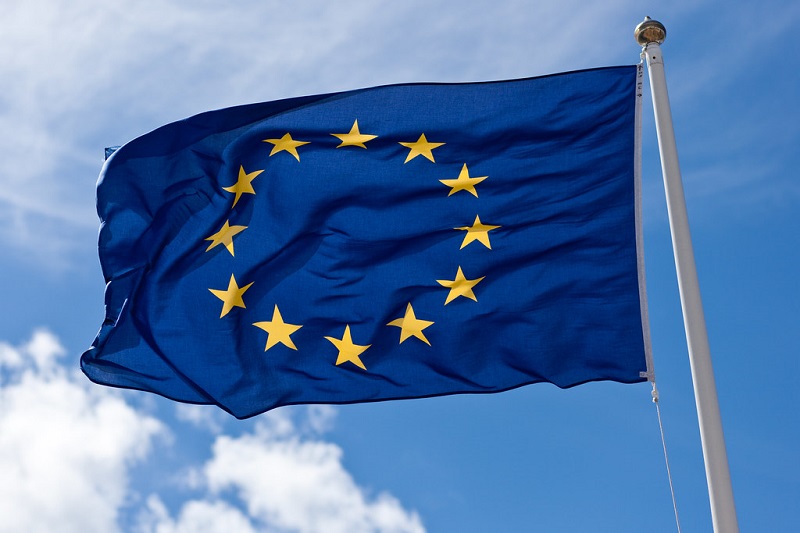

The European Union (EU) recommended on Thursday to open its external borders to non-essential travel into the bloc if travellers have been fully vaccinated against COVID-19.
The Council of the EU, representing the 27 member states, adopted a recommendation that eases the COVID-19 restrictions for non-EU travellers whose origin countries report no more than 75 cases per 100,000 inhabitants over the last 14 days.
Before the criteria were updated on Thursday, the upper limit was 25 cases.
EU member states are now encouraged to waive testing or quarantine for third-country travellers who have received the last dose of a vaccine approved by the European Medicines Agency. The drugs regulator has so far greenlighted four vaccines — Pfizer-BioNTech, Moderna, AstraZeneca and Johnson & Johnson.
EU countries could also lift the restriction on non-essential travel to those who have received the last recommended dose of a vaccine on the list of the World Health Organisation for emergency use.
An emergency brake mechanism is created, and reciprocity should be taken into account case by case, said the EU Council.
The decision was made on the basis of a proposal presented by the European Commission in early May, which aims to salvage the bloc’s tourism industry as vaccination campaigns are progressing worldwide.
Also on Thursday, the EU Council reached a provisional agreement with the European Parliament on the introduction of a COVID-19 certificate system that can facilitate free movement within the bloc.
The commonly recognized digital certificate will be able to prove a traveller is fully vaccinated, or tests negative, or has recovered from the infection, and the holder of the certificate is thus free of travel restrictions.
The system is supposed to be temporarily in place for 12 months. A vote on the proposition is expected to take place at the parliament’s plenary in June.